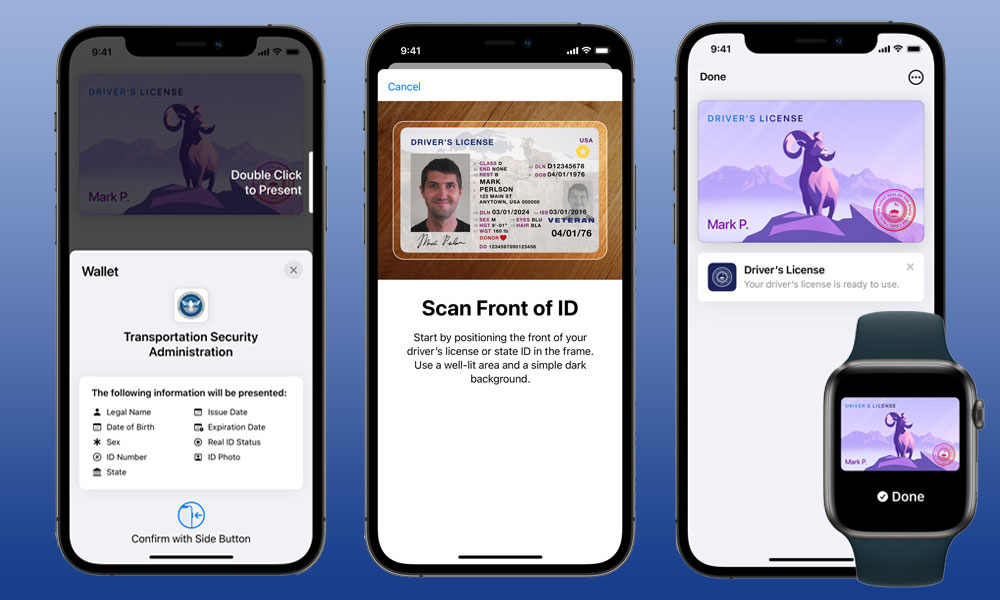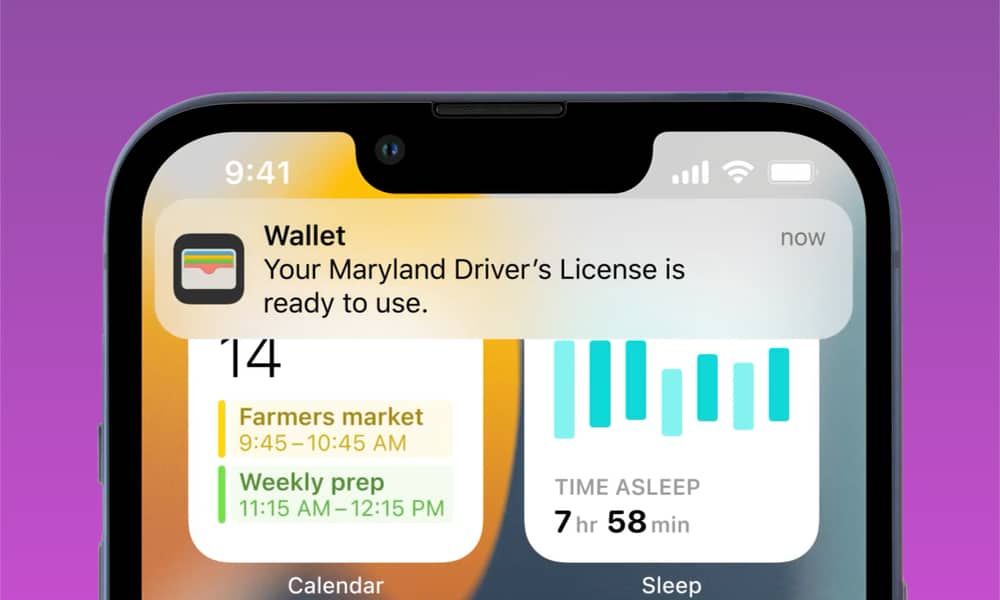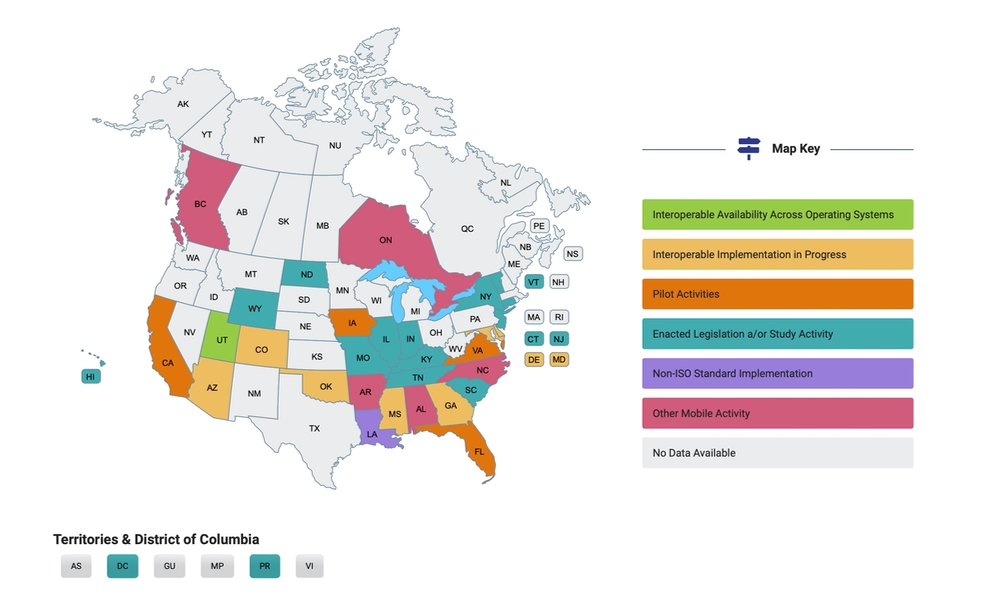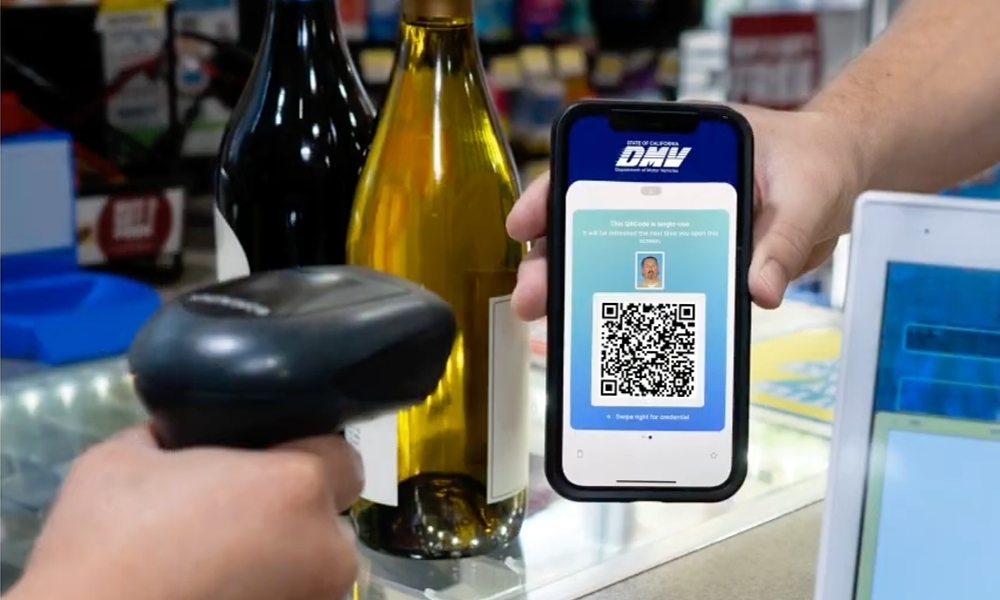Digital Driver’s Licenses Could Be Coming to Your State Soon
 Credit: Apple
Credit: Apple
Toggle Dark Mode
It’s been nearly two years since Apple rolled out Digital IDs in iOS 15, and it would be generous to say that the state of adoption by US states has been glacial.
After all, of the eight states that signed on to support Apple’s implementation out of the gate, only four have actually rolled it out: Arizona, Maryland, Georgia, and Colorado. That covers about 30 million people in the US.
The other four states that had committed to supporting Apple’s digital driver’s licenses back in 2021 — Connecticut, Iowa, Kentucky, and Oklahoma — remain missing in action.
To be fair, that doesn’t mean they aren’t working on it. UPS may have famously once quipped that it moves at the speed of business, but state governments move at the speed of … well, government.
Thankfully, we don’t have to remain entirely in the dark. The Secure Technology Alliance has been keeping track of mobile driver’s license (mDL) adoption on the mDLConnection website (via 9to5Mac), showing where US states and Canadian provinces are at in the overall process of studying or rolling out mDL technology to their citizens.
The site breaks down mDL development into seven specific categories, from those without any data available — likely meaning they haven’t even begun exploring the idea — to those with a fully interoperable solution across operating systems. So far, it looks like only Utah fits into that last category, and ironically, Utah’s solution doesn’t support Apple Wallet. However, the state’s mDL FAQ says it’s working with Apple to enable this, but it hasn’t announced when it will happen.
It’s important to remember that mDL is an open standard. Apple’s implementation of digital driver’s licenses and other IDs in wallet embraces this standard — it’s not a proprietary thing that Apple has cooked up. If anything, Apple’s decision to support mobile driver’s licenses has given the MDL movement a shot in the arm. As the Secure Technology Alliance shared in late 2021, it’s put it in the spotlight with “significant media attention” and likely pushed state governments to get to work on implementing their own solutions — even if those aren’t Apple-centric.
Several states, including Florida and, more recently, California, have rolled out their own digital ID solutions that rely on dedicated apps and QR codes. Neither state has ruled out eventually supporting Apple Wallet, but it’s clearly not their first priority.
Both Florida and California are listed as being in the “pilot” phase of mDL implementations, where they’re joined by Iowa and Virginia. Several more states are in the phase beyond that, with an “interoperable implementation in progress.” These include the four states that already support Apple’s Digital IDs — Arizona, Colorado, Georgia, and Maryland — which makes sense as they jumped into Apple Wallet right away and are now working to move beyond the iPhone. Other states in that category include Oklahoma, Mississippi, and Delaware.
However, just because these other three states are working on an “interoperable implementation” doesn’t mean their mobile driver’s licenses will come to Apple Wallet. After all, Utah has already reached the final phase with its own dedicated app — and no Apple Wallet support yet.
Interestingly, two other states on Apple’s original list of partners — Connecticut and Kentucky — haven’t even begun any pilot programs. Instead, these states remain in the stage of having enacted legislation or begun studies. They’re in good company, as that’s where most of the other states are at — at least among those working on mDLs at all. This list also includes Hawaii, Illinois, Indiana, Missouri, New Jersey, New York, North Dakota, South Carolina, Tennessee, Vermont, Wyoming, Washington, D.C., and Puerto Rico.
Louisiana has cooked up its own mobile driver’s license system that doesn’t follow the ISO mDL standard, which means there’s little hope of a Louisiana driver’s license ever ending up in Apple Wallet unless the state government decides to scrap that system and return to the drawing board.
Meanwhile, Alabama, Arkansas, and North Carolina are listed as working on “other mobile activity” related to digital IDs, as are the Canadian provinces of British Columbia and Ontario. This generally refers to independent mobile identity verification systems that are not tied to a driver’s license. It’s unclear whether any of these states or provinces will eventually move on to adopt mobile driver’s licenses.

In theory, any digital driver’s license that follows the ISO/IEC 18013-5 mDL standard should be supported by Apple Wallet, but it’s getting these into Apple Wallet that’s the tricky part. Digital IDs require extra levels of verification to ensure they can only be added to a device by the legitimate holder of that ID. This means that state governments have to work with Apple to put the infrastructure in place to allow the Wallet app to verify a person’s ID card and physical identity. Apple can’t do this on its own — at least not if it wants to maintain a secure system.









